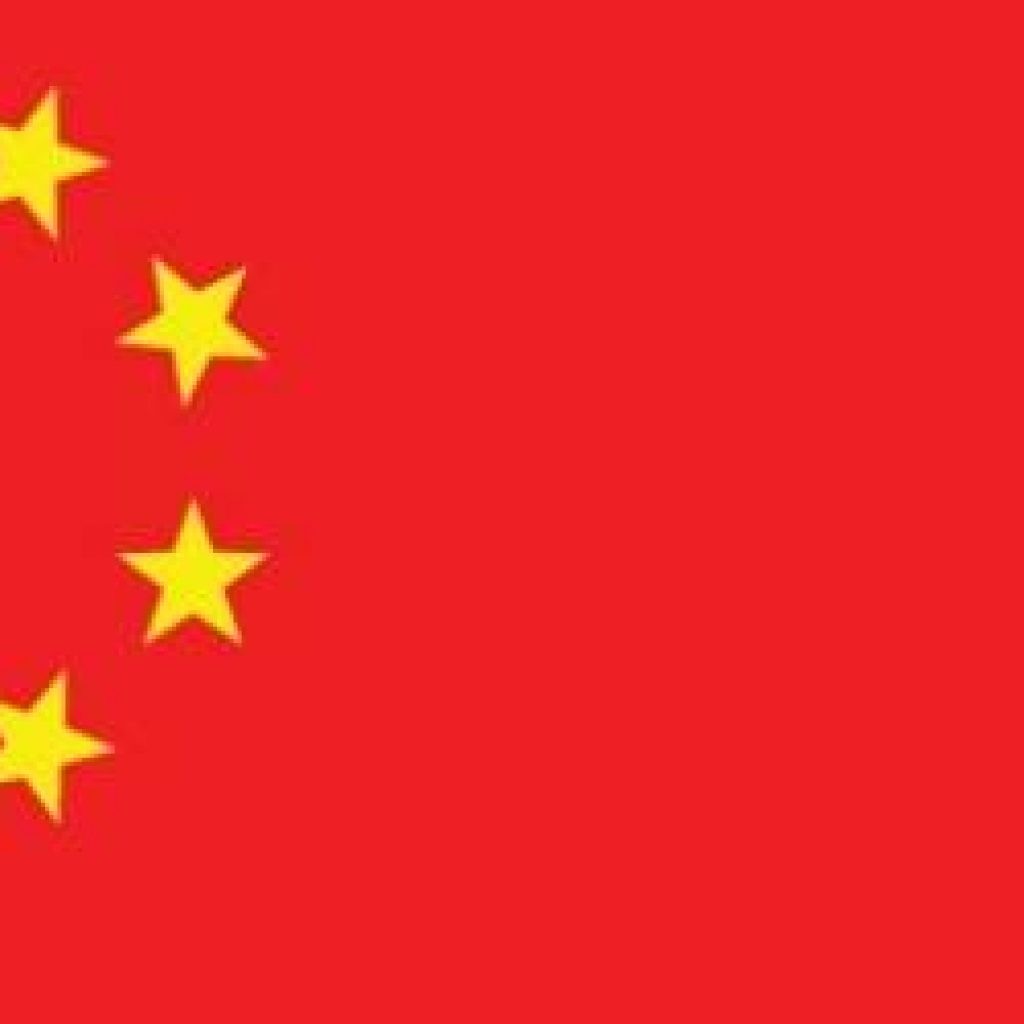Two industry experts who spoke during the IQT Fall conference about China’s role in the quantum technology sector endorsed a recent move by the National Institute of Standards and Technology (NIST) to issue a Request for Information regarding China’s participation in international standards development.
NIST was authorized by this year’s National Defense Authorization Act to conduct a study and issue recommendations on the People’s Republic of China’s (PRC) role in the standards process. The RFI stated that NIST “is seeking comments to provide information for the study and resulting recommendations… Recommendations on the actions the United States could take to mitigate any undue influence of the PRC and bolster United States public and private sector participation in international standards-setting bodies are also sought.”
Laura Thomas, senior director of national security solutions for ColdQuanta, who spoke on a panel about China at IQT Fall, told IQT News by email that the RFI comes at a time when the Chinese Communist Party (CCP) is looking set “global rules across many industries by 2035, including emerging technologies. The NIST RFI is an effort by the U.S. Government to assess the impact to global markets and national & international security if the CCP were to be successful.”
New details on that standards strategy were released by China’s State Council last month, an expected move which likely prompted the NIST RFI.
Terrill Frantz, Associate Professor of eBusiness and Cybersecurity, Quantum Information Science Programs at the Harrisburg University of Science and Technology, moderated the panel Thomas spoke on. He commented via email that it’s “good timing to look [at China’s standards policies], and each day the importance of tech standards is growing in the geopolitical sphere. China’s strategy released last month has ‘upped the ante’ with standards-setting in geopolitics. The NIST RFI… is partly a reaction to that. The community knew the China announcement was forthcoming.”
Frantz noted during the IQT Fall panel that China already is aggressive in paying people to drive standardization development almost right from the inception of a new technology. He reiterated this week that “China is smartly getting to the table first in standards projects… Other countries are too slow to act.”
Thomas, who used to work for the CIA, explained why China’s influence in such projects should be concerning. “Technology standards allow you to connect to WI-FI when traveling abroad just as you would at home. They create larger markets and allow integration, which generally benefits the common person,” she said. “However, standard-setting could be used to control information flows and access to technology. Based on the CCP’s recent history of IP theft, its lack of transparency, and its coercive use of technology to intimidate minorities and political dissidents, it’s not a stretch to envision the CCP coercively wielding new technology standards.”
Both Frantz and ColdQuanta said they are contributing comments to the NIST RFI.
